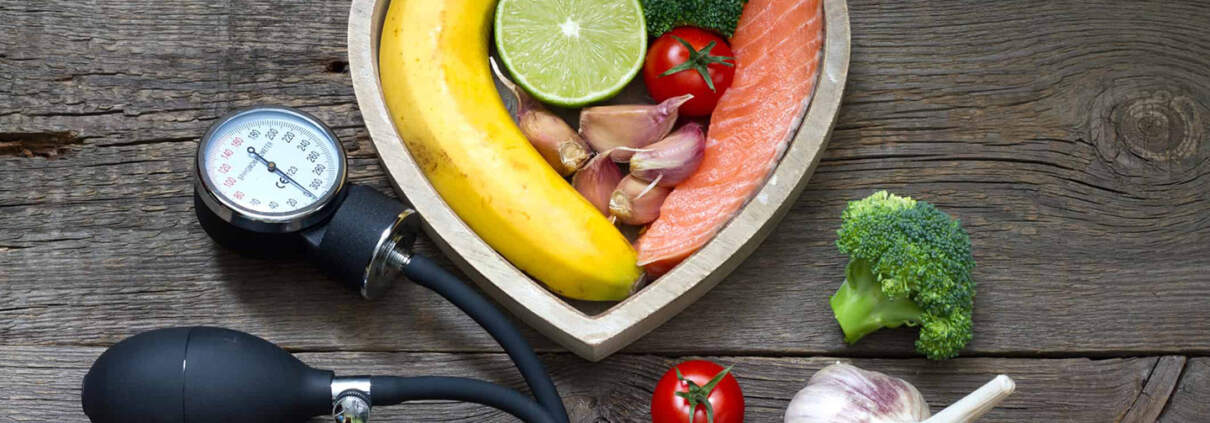Camp DASH Ancillary Studies
The Camp DASH study trial will compare the effect of two dietary patterns and two levels of sodium intake on blood pressure and blood lipids in adolescents in the upper third of distribution for blood pressure. The two dietary patterns are based on the Dietary Approaches to Stop Hypertension (DASH) trial in adults. Purdue University is leading the trial, with sponsors and collaborators from Johns Hopkins, the Centers for Disease Control and Prevention, Johns Hopkins University, Indiana University School of Medicine, University of California, San Diego and National Heart, Lung, and Blood Institute (NHLBI). The IAFNS Sodium Committee is supporting 2 ancillary studies.
The ancillary studies will enhance the discoveries possible in the parent grant. The first ancillary study provides funding to allow 24-hour ambulatory blood pressure measurements (ABPM) in all study subjects. As 24-hour ABPM is becoming more standard in the evaluation of children with hypertension, and it can provide valuable information re: risk for target organ damage and CVD risk. Being able to determine the effect of diet quality and sodium reduction on these measures will enhance the knowledge gleaned from Camp DASH. The data provided is anticipated to influence future hypertension and CVD guidelines in pediatrics. The objective of the second ancillary study is to develop the capacity for measuring body sodium distribution. Sodium metabolism and distribution determines whether it impacts water retention, and therefore hypertension. The location of salt accumulation is a subject of debate and it only has been studied in adults. The fate of sodium accumulation among skin, soft tissues, and bone and racial differences in sodium regulation will be determined. Understanding sodium regulation and distribution in Camp DASH will help to understand the impact potential of diet on controlling hypertension.
Institution: Purdue University
Principal Investigator: Connie Weaver, PhD
Year Awarded: 2017
This project was part of a larger study that was terminated by Purdue University.
Learn more about the IAFNS Sodium Committee.



